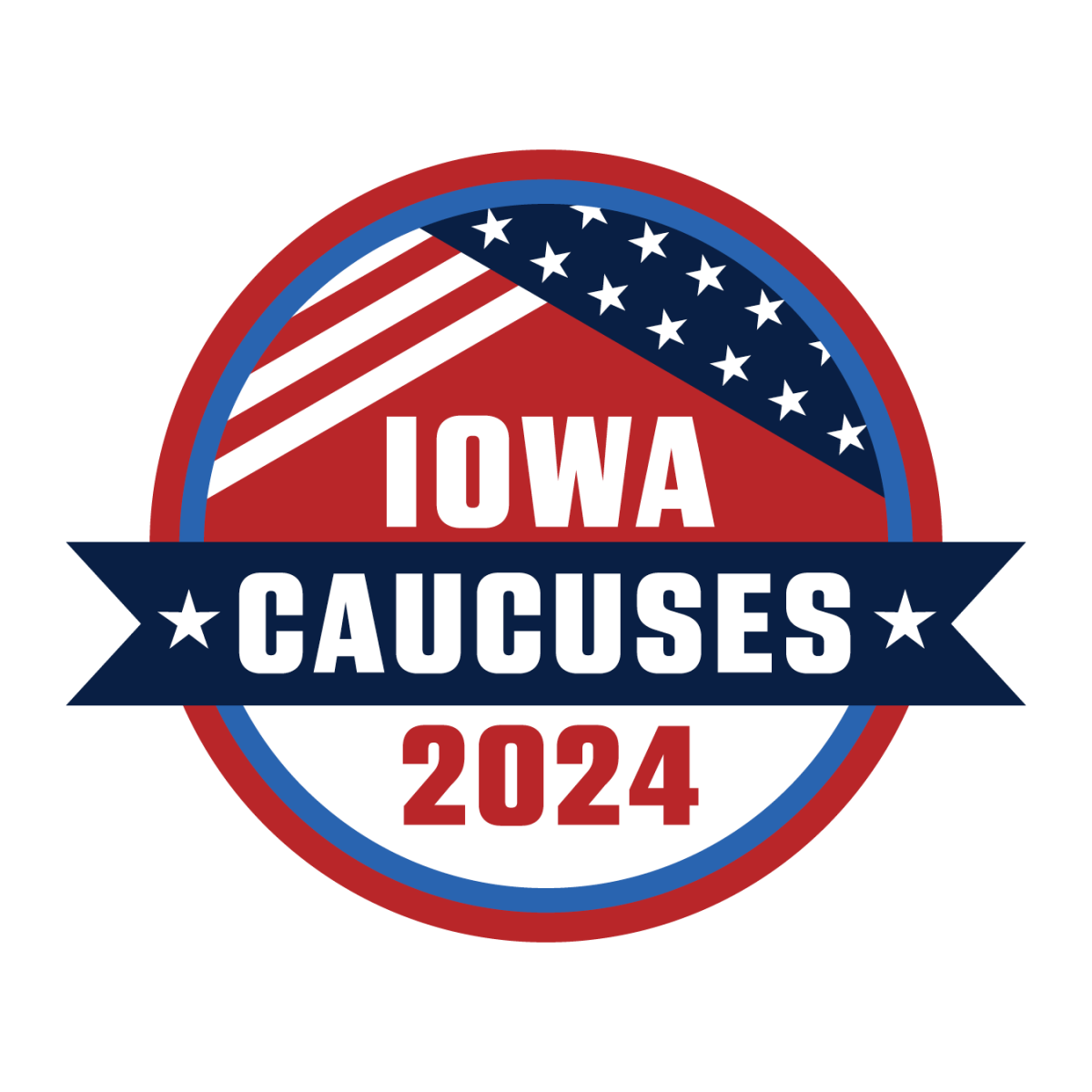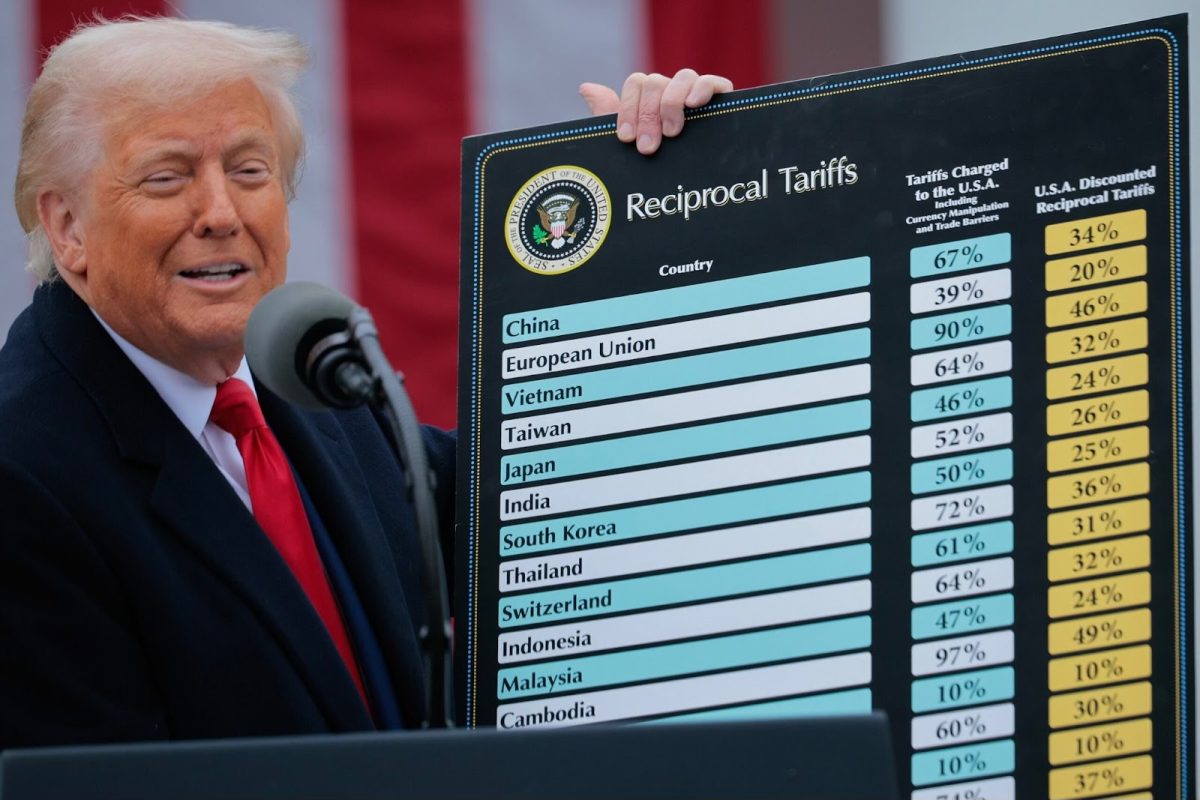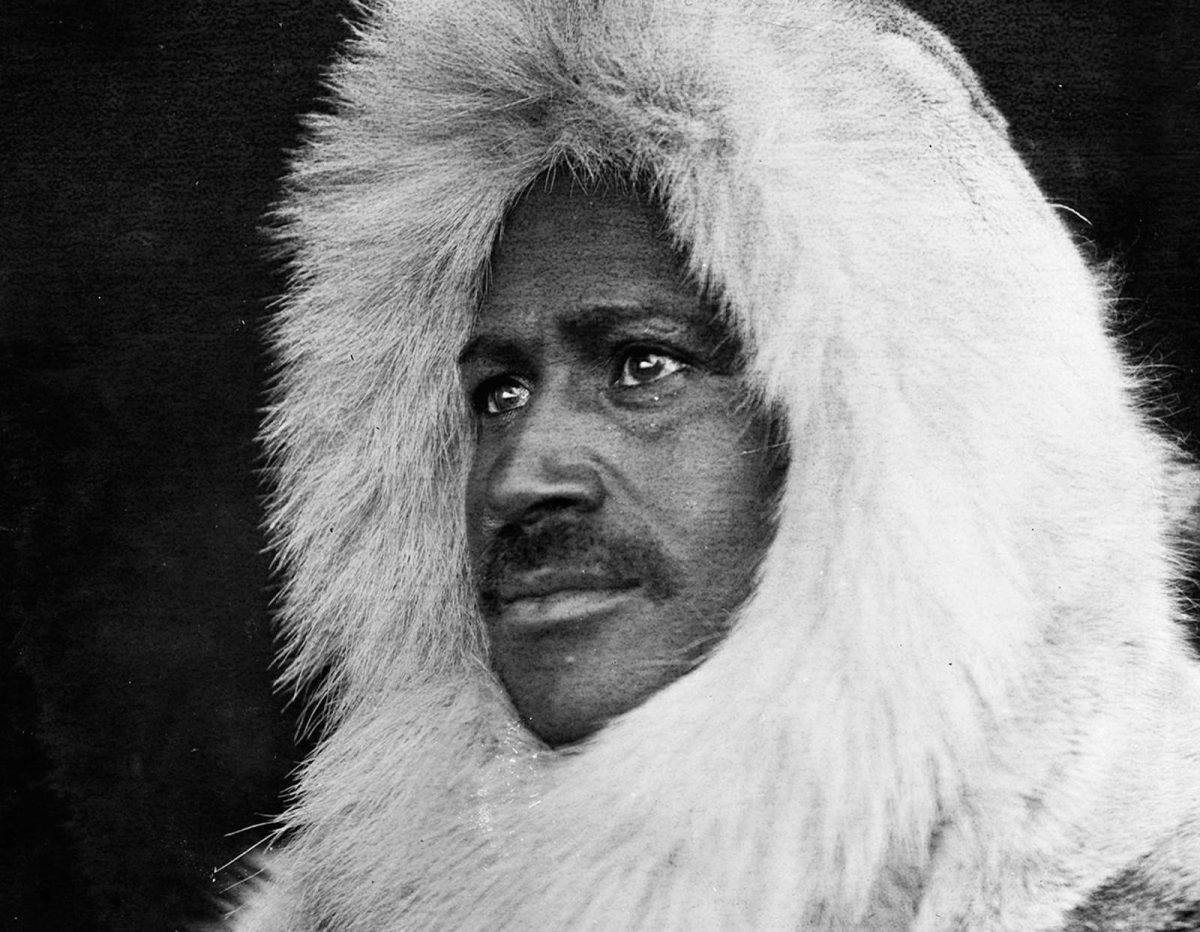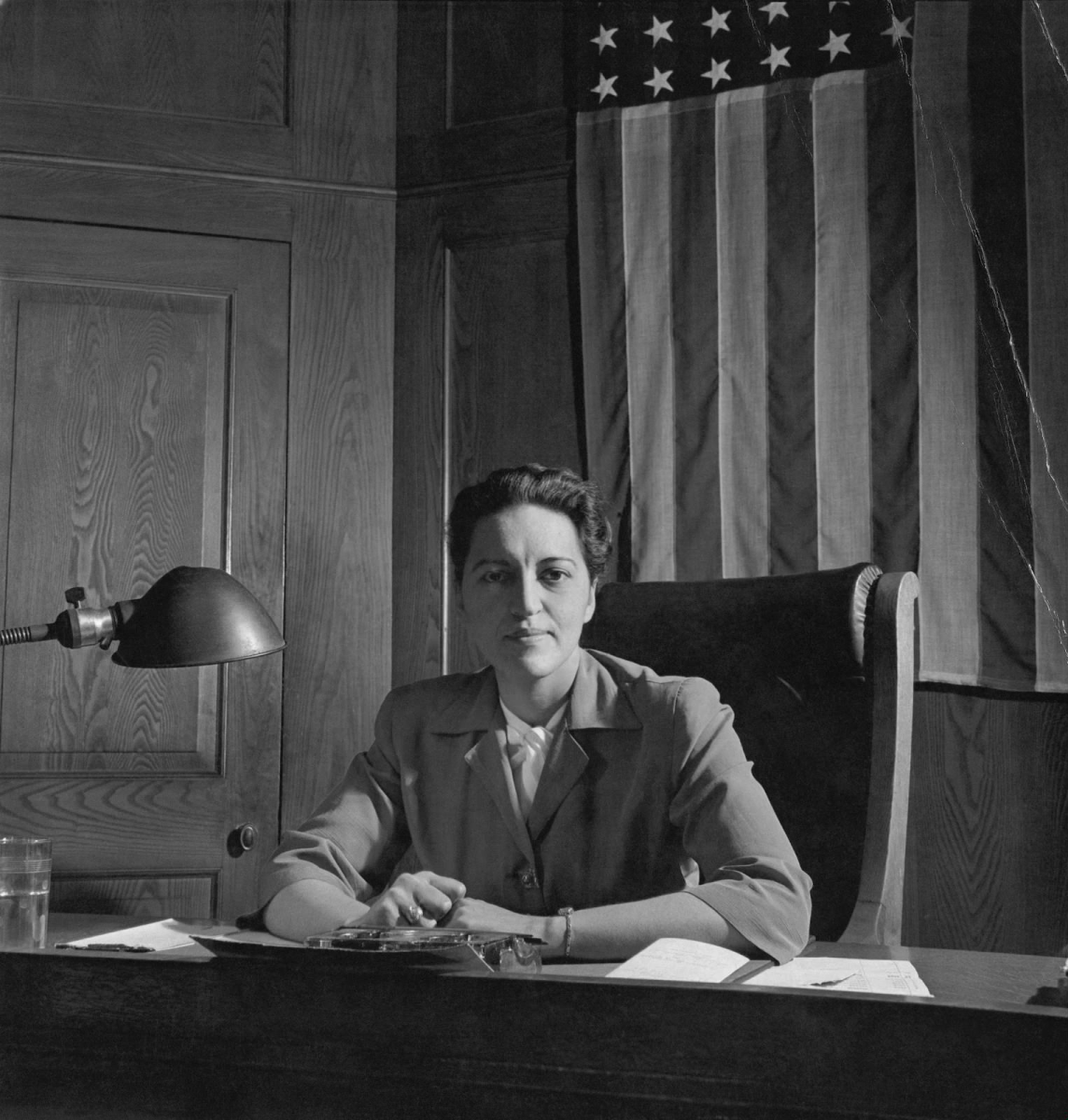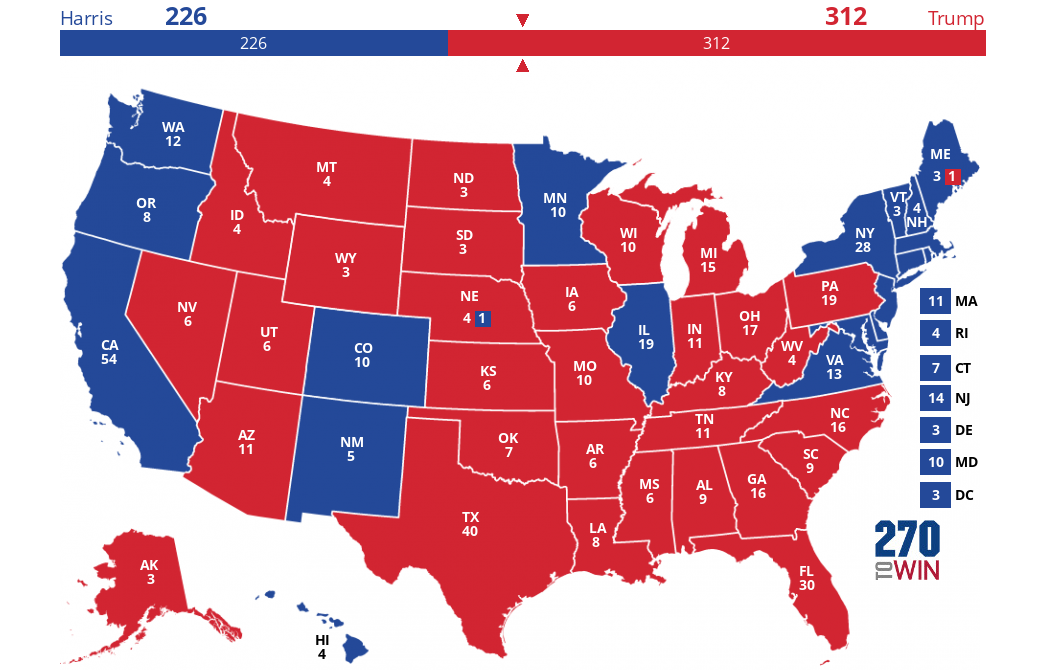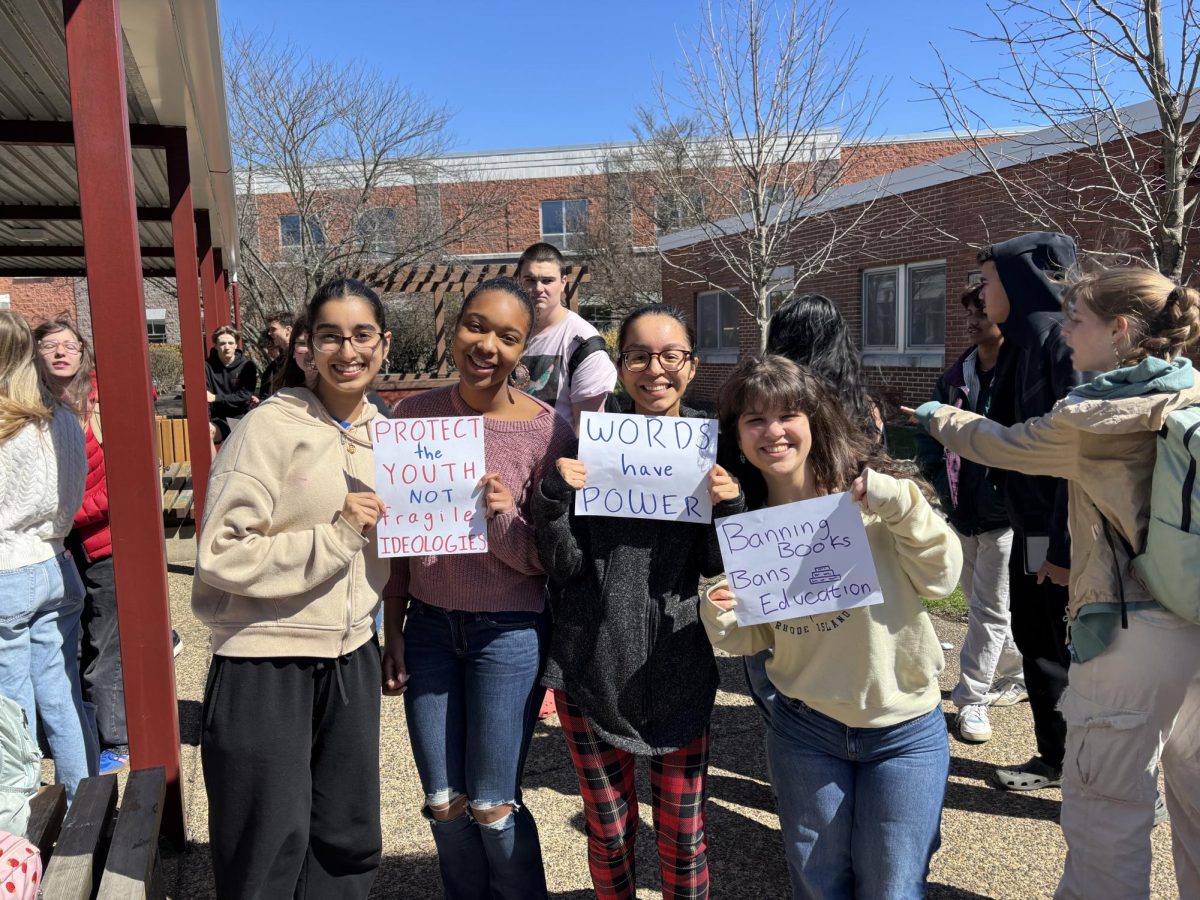Monday night, a man stood at a large podium on a stage facing a passionate group of supporters in Des Moines, Iowa. They cheered his name into the cold night as he smiled and waved back, his sons standing on either side of him. He thanked the people of Iowa.
“I really think this is time now for our country to come together,” he said. “Whether you’re liberal or conservative, it would be so nice if we could come together and straighten out the world… it’s so important.”
The crowd yelled out again loudly as he continued to congratulate his competition, referring to them by name for what seemed like the first time. He addressed their qualities and their achievements. He spoke calmly but proudly. This man’s name was Donald J. Trump, and he had just won the Iowa Republican Caucus by a 30 point margin at 51% of the votes, the largest margin of victory ever in a GOP race in Iowa, passing the previous record of 13 points. Analysts and voters alike were struck by his sudden tone of gratitude and message of unity, but those words were the inevitable fruition of a candidate who had won the Caucus before it had even started. At 63.1% of the vote in recent national polls, Trump seems poised to win the Republican nomination, and perhaps even further, the presidency. Given his newfound words of confidence and appreciation, he knows it too.
Monday night’s Iowa Caucus brought thousands of Republican voters from the Hawkeye state out in the freezing cold temperatures to cast their vote for one of the seven candidates present on the ballot. Of the six viable candidates (former New Jersey governor Chris Christie suspended his campaign on January 10th), only four received more than 5% of the vote, those being Vivek Ramaswamy, Nikki Haley, Ron DeSantis, and Donald Trump. Donald Trump’s victory was called by news outlets even before all the votes were accounted for as he took more than half of the vote early in the night.
The most intriguing competition of the night, however, was the race for second place between former South Carolina governor Nikki Haley and the governor of Florida Ron DeSantis. The frontrunner changed continually throughout the night as large population centers voted predominantly for Haley while rural areas continued to cast ballots for DeSantis. By the end of the night, DeSantis prevailed taking 21.2% of the vote while Haley received 19.1%. Both campaigns remained optimistic following the results despite Trump’s overwhelming victory.
The final competitive candidate, Vivek Ramaswamy, received 7.7% of the vote. Following the disappointing outcome for the young entrepreneur, he gathered his supporters in Des Moines and suspended his presidential campaign. “We did not achieve the surprise we wanted to deliver tonight,” he said to his crowd. Ramaswamy quickly moved on to talk about the future of the country stating, “It has to be an America-first candidate in the white house.” Seconds later, he endorsed Caucus winner Donald Trump for president of the United States, a move that aligned strongly with his previous pro-Trump rhetoric and the policy changes that defined his campaign.
As for Nikki Haley, she expressed no sign of slowing her campaign after the third-place finish, rather she remained grateful for her supporters in Iowa and looked forward optimistically at the Republican primaries occurring in the coming weeks. “I can safely say [that] tonight, Iowa made this Republican primary a two-person race,” she said triumphantly to her supporters in Des Moines. Haley had based her campaign in Iowa on recognition and momentum rather than victory considering Trump’s stronghold in the state, especially among evangelical Christians. Instead Haley hoped her third place finish could stand as a foundation from which the next two primaries in New Hampshire and her home state of South Carolina could build upon.
“Do you want more of the same?” she asked, to which the crowd loudly opposed. “Or do you want a new generation of conservative leadership?” Her message of novelty and reform in the Republican party has remained consistent throughout her campaign. However, one key figure in these discussions has been the supposed face of this antiquated system: Donald Trump. Haley served under Donald Trump as the US ambassador to the United Nations but their relationship has dwindled significantly since the campaign trail has begun. Despite this, Haley has equipped herself with a cautious rhetoric concerning the former president. She has created a clear dichotomy in her answers when questioned about him, directly acknowledging his importance, but indirectly expressing her desire for a shift from his leadership. In a recent CNN debate in Iowa, Haley said of the former president, “I think he was the right president at the right time, I agree with a lot of his policies…” but continued to say “his ways are not my ways… no drama, no whining, and getting results, and getting them done.” Much of Haley’s rhetoric regarding Trump has been fine-tuned to discussions of the drama and perceived vengeance that Trump would bring with him into the office–as opposed to a direct attack on the man himself.
In a similar fashion, moderators at several debates have invoked the question of the Vice Presidency. While most other candidates on the panel have responded that they would not assume the role of Vice President under frontrunner Donald Trump, most notably Ron DeSantis, Haley’s answer to the question was by far the most ambiguous. “I’m not running for second place,” she told one Fox News moderator. Her vague stance on the position may actually clarify why she has developed among the most adversary positions on Donald Trump, simply because she has not fully subtracted herself from the Vice President equation. However, her contrasting responses may also act as an attraction for independent voters who see not only her tone as more reliable but her lack of aggression towards the beloved former president as respectable.
Despite the seemingly successful second place finish in Iowa, Ron DeSantis’s campaign seems to be dissipating under the trap of future primaries. According to data from AdImpact, DeSantis spent nearly $35.06 million dollars in Iowa, equating to $1,497 dollars per vote following the Caucuses final results. This staggering price tag coupled with his more conservative stance being unable to win him key evangelical and rural votes in the state results in this deceiving stature of second-place at 21.2% of the votes. “People want to have hope for this country’s future, and that’s what we represent,” he told his passionate supporters following the night’s results. DeSantis discussed thoroughly the “restoration of sanity” that he looked to deliver with his presidency, citing the “sacred fire of liberty” as the beacon of his campaign and the promise from which he would deliver. He concluded, “I am not going to make any excuses… I will not let you down.” One of DeSantis’s largest supporting groups, Never Back Down, laid off numerous staff members after the historic loss to Donald Trump, signaling the underwhelming payoff for such extensive planning in the Hawkeye state.
In recent Town Halls both in Iowa and New Hampshire, the Florida Governor has turned largely to the attack ads distributed by his fellow candidates and used their multitude ($48 million worth) as a sign of his momentum. The majority of his responses have been towards Donald Trump’s campaign, only he has taken a much more direct approach in criticizing the former president as opposed to Haley. “I represent the fulfillment of a lot of what we want to do, honestly a lot of what Donald Trump promised to do but didn’t deliver.” In attempting to attract Trump’s loyal backing, DeSantis has discussed Trump’s failures in the realms of immigration, national debt, and government size and pledges his own successes in each area.
Despite optimism abound, the victor continues to see his spoils. Donald Trump’s victory in the Iowa Caucus, while expected, represents a hardening shift in the Republican Party that continues to support Donald Trump despite the innumerable legal charges filed against him in relation to actions during his presidency. Currently, Trump faces 91 criminal offenses in four separate cases relating to the denial of 2020 election results, election interference in Georgia, disingenuous business deals in New York, and the retention of classified documents after his presidency. Some states have even issued the removal of Trump from ballots in the 2024 election including Colorado where Trump is banned from the ballot and Illinois, Massachusetts, and Maine where the case against him is pending. Despite the 6-3 conservative Supreme Court likely deeming these motions unconstitutional, the arguments against Trump most commonly related to the January 6th insurrection continue to mount throughout the country.
Republicans throughout the nation have continued to side with Donald Trump, with recent polls indicating that 62% of Republicans still believe Trump should be the nominee if he wins the primary, even if convicted of federal crimes. In addition, 82% of Republicans view his legal troubles as politically motivated, further underscoring the deep divide between parties as well as highlighting the devotion to Mr. Trump. A poll from Morning Consult taken on January 15th continues to assert that if given the nomination, Donald Trump would prevail over Joe Biden. Though the leader varies between polls, the results are similar, detailing the potential for a very tight race. Trump has not appeared in a single debate with his competitors, a move he will likely look to continue to operate under considering his popularity in upcoming primary states, as he and his devoted supporters await the results from any of his plethora of legal troubles.
The future of the Republican party now shifts from middle America to the cold northeast where voters in New Hampshire now have their turn to vote for one of the three remaining candidates in order to further solidify the nominee of the Republican party. Current polls cite Trump holding a demanding lead at 45.6% of the vote, Nikki Haley launching to 33.1% of the vote, and Ron DeSantis struggling in the Granite State at 5.4% of the vote. Trump will continue to rally his supporters in hopes of ending the race early in the primary, addressing his consistent backing of evangelical Christians. In contrast, Nikki Haley, who has risen 12% in the state since November, will gain significant support from less conservative Independents as well as moderates who make up 32% of New Hampshire’s registered Republicans. She will benefit greatly from the departure of Chris Christie from the race, as 65% of Christie supporters in the state say they will support Nikki Haley in the ballots. Meanwhile, Vivek Ramaswamy’s absence bodes well for Trump as the entrepreneur’s supporters are expected to turn out largely for him. Trump receives another benefit when looking at the devotion of each frontrunner’s supporters, as 80% of Trump supporters say they are committed to the former president while only 54% of Haley’s supporters can say the same about the former governor. DeSantis continues his presence in New Hampshire but was recently seen traveling to a South Carolina town hall, the next primary state, as opposed to focusing on New Hampshire. Many have pointed out that this may be a sign of his resignation in the state.
As debates and town halls continue throughout the country, the nation focuses their attention on the small but proud state of New Hampshire, as the Republican nomination awaits the most popular candidate. Dominance in the polls may be shrouded by the omniscient hand of the law, the many sects of the Republican party may become wholly evident, and the very virtue of momentum can be shattered with the momentum of another. It’s the game of politics, and a game that has parts in continual motion. It’s all cold in the Northeast, and the question remains: is it the same wind that blows, or is there a new wind that has escaped our keenest detection?

